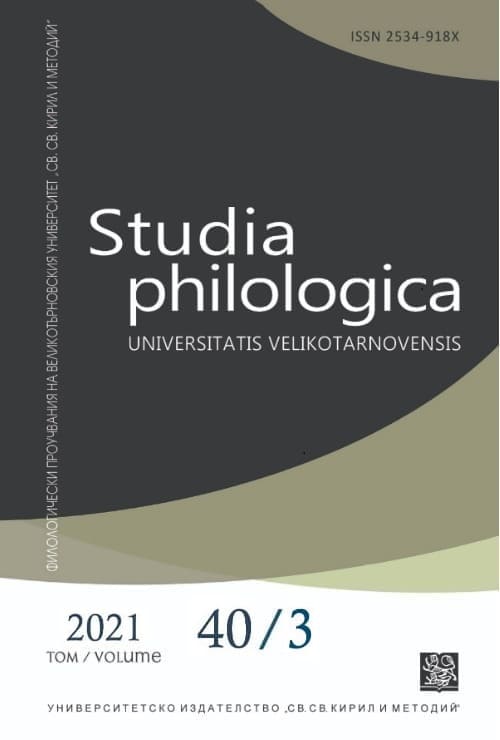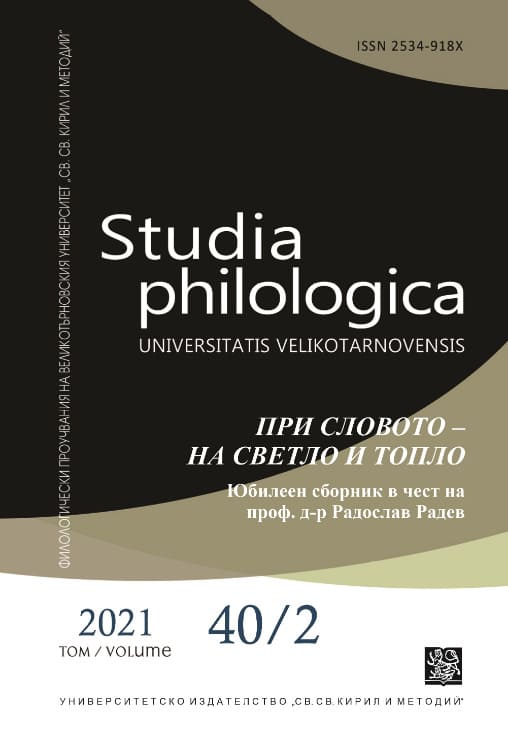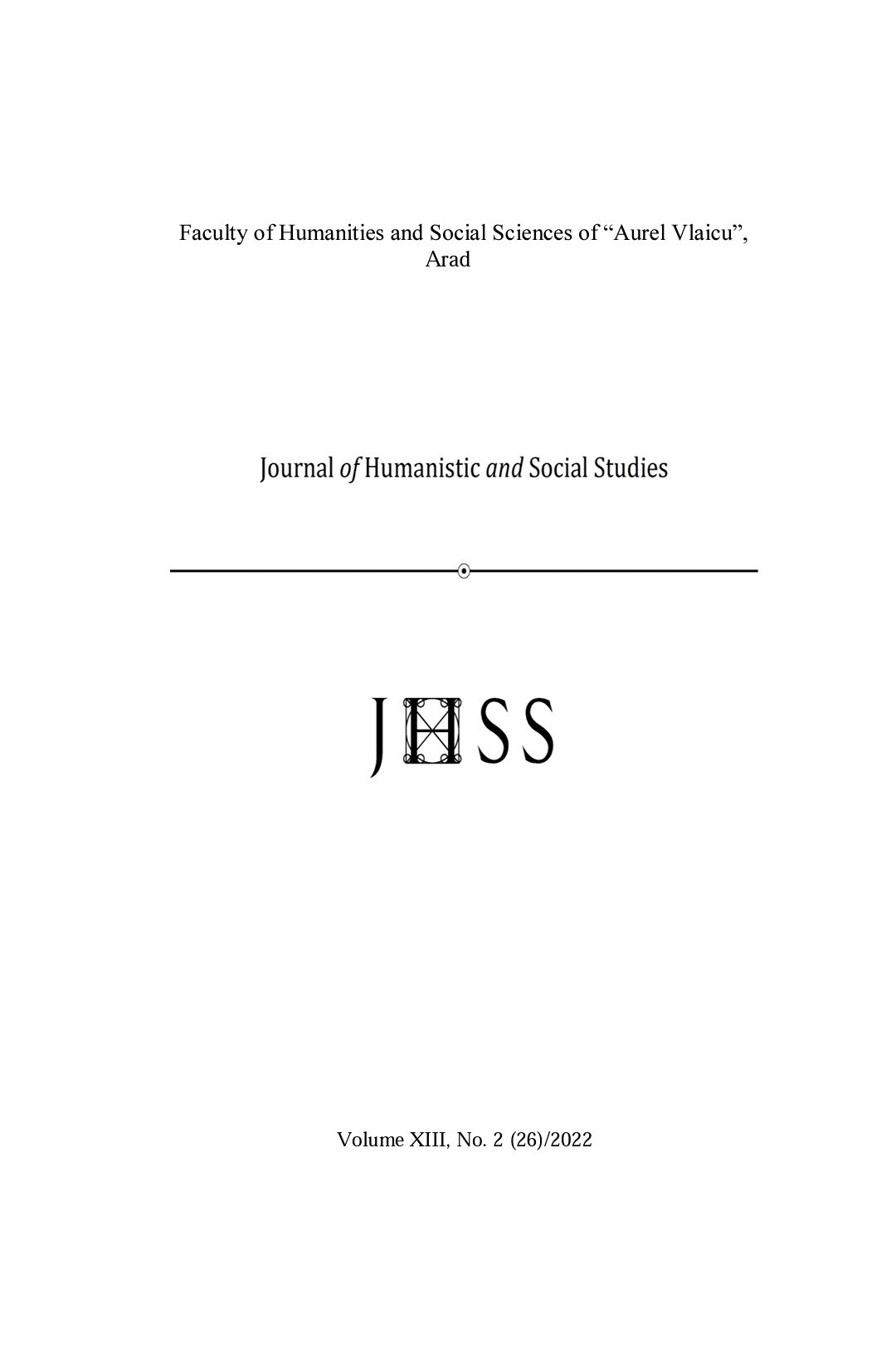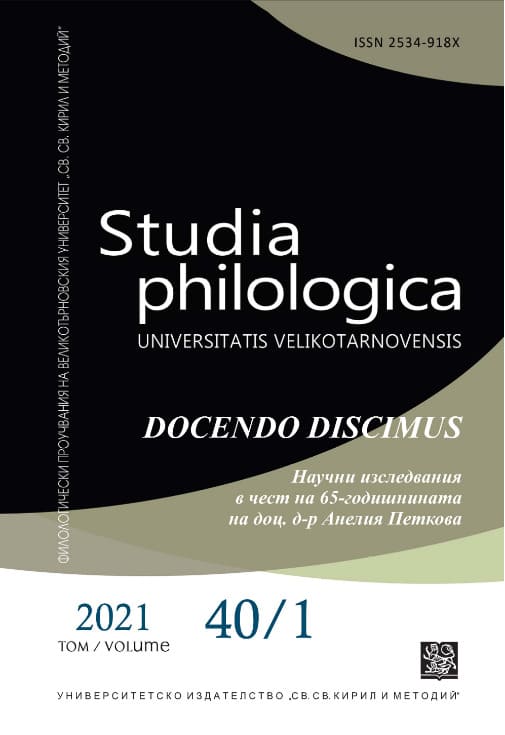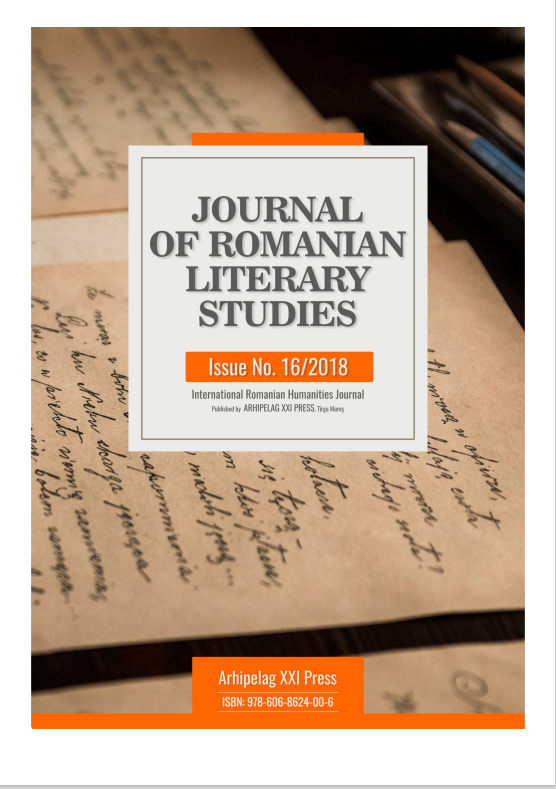Author(s): Sabina Larisa Marin (Oltean) / Language(s): Romanian
Issue: 16/2019
The Romanian literary history has always reflected on the significance of Transylvania in our literature, on this region’s contribution to the development of culture, as a whole. Among the people that have brilliantly illustrated the Transylvanian region in the interbelic and postbelic period, is the teacher, publicist, literary critic and historian, Ion Breazu. That is why, for those who have knowledge of Transylvania’s literary life it was worth the effort to make the emblematic figure of Ion Breazu well-known around the country. As one of Ion Breazu’s most faithful friends, well-known critic and inspiring animator of the Romanian magazine Gând românesc demonstrated, Ion Breazu’s educational background coincides with first signs of a literature affirmation in perfect agreement with what was written over the Carpatians. With no complexes, the period after the Great Union admits some strictly artistic concessions and the emergence of L.Rebreanu, P. Dan in prose, and L. Blaga in poetry justifies same other approaching methods, filtering extra-literary factors, promoting, in full knowledge, a severe, but perfectly informed literary criticism. The history of Transylvania and the destiny of the Romanians living in Transylvania, the realities uncovered after 1918, the organic liasons between the province ruled by the Hasburgs and then, later by the AustroHungarians dualism and Romania, the normal pulse of these relationships and also the interaction of values (the migration of Transylvanian scholars to Tara Romaneasca and Moldavia)generated a reality highlighted by spiritual features by the collective psychology and by programs under the emblem of the Romanian folk ethos and of values recepted from the country. ,,Transilvanias, the spirit of the Transylvanian” was a concept justified only by historical circumstances and by the conditien of being of the Romanians from Transilvania. Ion Breazu`s lesson invites everyone to a collective research and to the revelation of the processes of literature`s internal development. Above all things, beyond the specific data of a literary Transylvania, Ion Breazu pleads for a germinely Romanian approach, without fail.
More...
